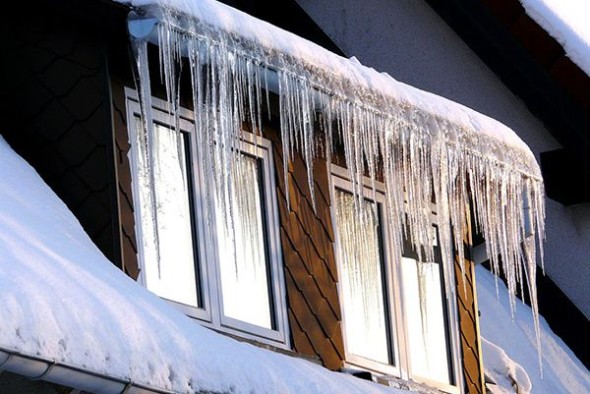CUB Supports HB 3141 and More Funding for Low-Income Programs
Posted on February 18, 2021 by Bob Jenks
Tags, Energy

Oregon has established a record in recent decades of energy efficiency leadership, marked by several legislative milestones. A major milestone was a law passed in 1999 that included a 3 percent surcharge on the bills of our state’s major regulated electric utilities. Called the public purpose charge, these dollars are dedicated to energy efficiency investments, weatherization projects for households with low incomes, support for targeted renewable energy investments, and school energy improvements. After twenty years, though, the legislation is in need of an update. CUB supports HB 3141 because it meets the original goals of public purpose funding while increasing how much money goes to low-income weatherization programs.
House Bill 3141 would:
- Increase funding for weatherization projects for households with low incomes.
- Update renewable energy definition to allow investments that support reliability, resilience, and grid integration.
- Retain the expertise of the Energy Trust of Oregon to implement energy efficiency programs under the regulatory supervision of the Oregon Public Utility Commission (PUC).
- Improve school and low-income housing energy projects, and facilitate long-term planning, by moving the public purpose charge sunset date from 2025 to 2035.
Going forward, Oregon’s major electric utilities will continue to make all possible cost-effective energy efficiency investments, as required by the 2016 Coal to Clean legislation, SB 1547. Utilities conduct long-term resource planning that compares the cost of building or purchasing new power supply with the cost of efficiency. The Energy Trust of Oregon helps with this analysis and is then charged with achieving those plans. This approach also allows for additional industrial efficiency programs.
This means that the public purpose charge can be halved, from 3 percent to 1.5 percent, while still increasing funding for weatherization programs for low-income households. Why? Efficiency investments previously made with public purpose support are instead acquired by utilities as mandated by SB 1547. In other words, Oregon’s energy efficiency leadership will continue along with the weatherization program improvements in HB 3141.
Weatherization programs for low-income households are critical since many of these customers live in poorly insulated housing with substandard heating sources. These households benefit from lower bills and more comfortable homes. But other customers benefit too: when vulnerable families fall behind on their payments, that lowers utility revenue and increases bill collection and costs. Weatherization helps avert these outcomes.
The share of public purpose charge dollars for low-income weatherization goes to the Oregon Housing and Community Services Department. This Department demonstrated it can effectively serve more low-income households when its weatherization program got a three-year federal grant during the Great Recession. HB 3141’s public purpose charge update boosts weatherization funding at this proven service level.
HB 3141’s renewable energy update is to allow use of public purpose funds for investments that support reliability, resilience, and the integration of new renewable resources with utility distribution systems. One example is that installing hydroelectric turbines in irrigation conduits improves water quality while also producing renewable energy. Resilience options include grid connected solar combined with battery storage sited on emergency dispatch centers, fire stations, and other important community buildings.
The public purpose fund also supports energy projects at schools and low-income housing development, and helps these efforts address short-term and long-term challenges. While energy efficiency investments will reduce future energy bills, school budgets need to focus on teachers and classrooms and low-income housing developers need to focus on providing as many units as possible. Public purpose funding allows schools and low-income housing to make efficiency investments that provide long-term energy savings, without reducing dollars flowing into classrooms or the number of housing units that are built.
These projects are often multi-year efforts with long lead times. School districts begin planning retrofits of buildings several years before beginning construction. Low-income housing can take many years to plan, locate, permit, and build. Public purpose funding is currently authorized through 2025. Schools and low-income housing developers need a public purpose funding extension so they can continue to plan for multi-year projects. HB 3141 meets this vital need by extending the public purpose charge sunset date to 2035.
CUB helped develop HB 3141, and strongly supports its enactment during the 2021 legislative session.
Editor’s note: Since this blog post’s original publishing date, the low-income bill assistance portion of this legislation has been removed.
To keep up with CUB, like us on Facebook and follow us on Twitter!





03/23/21 | 0 Comments | CUB Supports HB 3141 and More Funding for Low-Income Programs